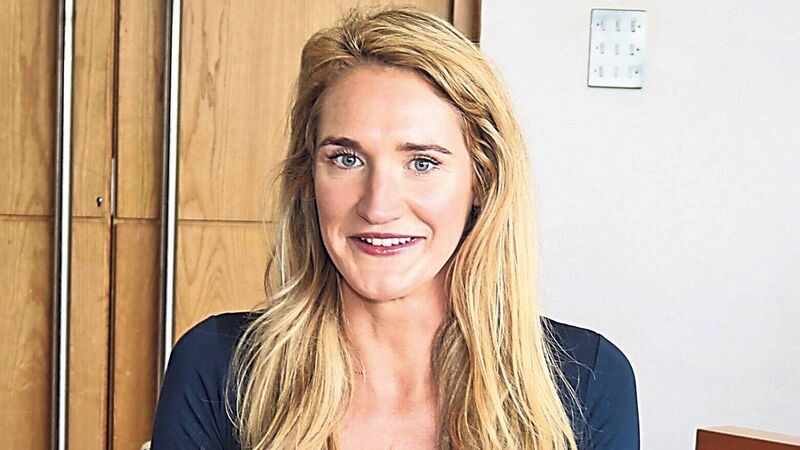More regulation needed to root out online abusers of politicians

Limerick councillor Elisa O’Donovan has experienced all kinds of abuse online and wants to see action taken to stamp it out.
“This [abuse] is something we are seeing women experience across professions in Ireland, it’s like our MeToo movement and we all need to get together,” said Limerick councillor Elisa O’Donovan, who has experienced all kinds of abuse online.














